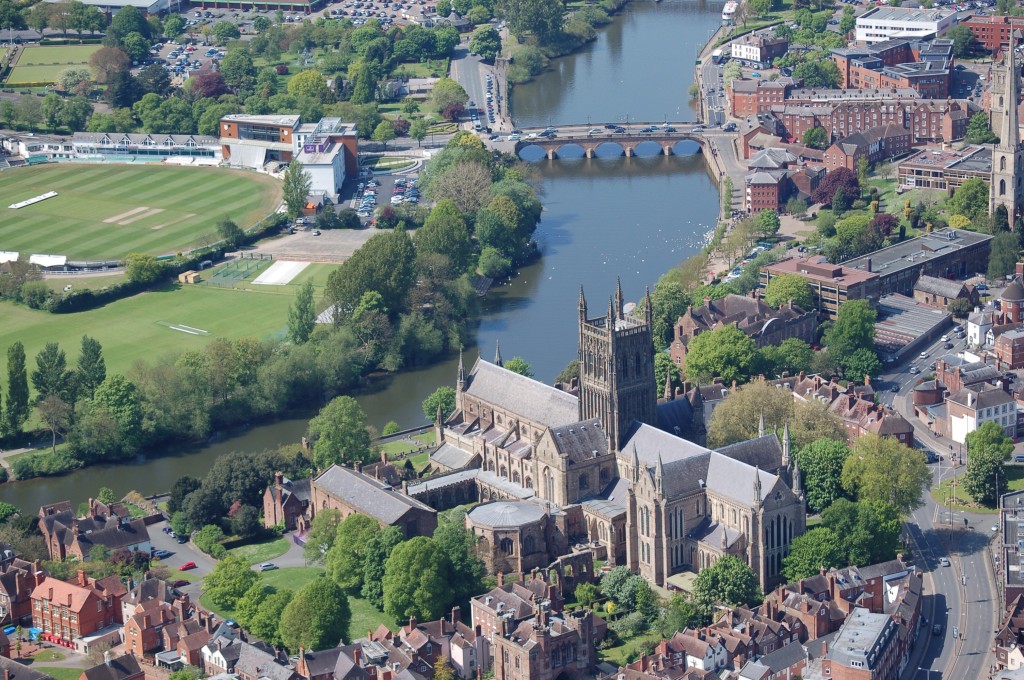Subject: Seen from the air.
On the ground close up, distracted by the present one loses perspective, one loses that sense of space between things and the order that at some date in the past they had arrived and stayed in what previously had been an open space. The shape of a river dictated so much, the shallow ford over which the river was breached, the profile of the land which allowed the passage of men and wagons to move in one direction or another is best perhaps only seen from the air. The claustrophobic prism of our lives falls away like scales from the eye as we see the patchwork organisation of the fields, the different crops, the fallow areas, the woods and perched on a hill the grand house surveying all it owned. The sense of it all is revealed as you fly over and across the place you live in, oh look there is so and so and see how the roads lead to a places of importance a hundred or more years ago tracing that importance, now lost by the motor car and the fluency with which you can now move around. Distance which once was measured in how far a horse could gallop or, more likely how far you could walk, is now blown apart by the internal combustion engine breaking the elemental inter link between purpose and situation. Seen from the air the traces of that interlinking commerce are still seen, the hamlet traced out in the faint evidence of the natural organic growth a community reliant on agriculture needed to sustain it. The mill towns in the North of the country where the factory's radiated their mean little houses, cobbled roads each leading to the factory gate, the sound of clogs now silent yet seen from the air brought alive by the symmetry of purpose. The large houses and leafy gardens of the owners away over the hill, a different world the one overseeing the other but blind to the lives of the workers close to the 'means of production'. Only from the air does it fit into the social geography which struggled for survival each year, the cemetery full of gravestones toppling this way and that, full of names once remembered now forgotten. A husband a wife, a son a daughter inscribed on the stone, the grandest reserved for the best spot, peering over the rest from their winged obelisk espousing their exclusive claim, even in death.
For the insecurity of finance which has always divided us is nowhere more evident a thousand feet up. The squalor and the privation, of being hemmed in from all sides by stone and cobble. The joining together of houses to save on the construction of exterior walls, the minimising of the footprint to maximise the return on capital. The difference of a few miles and the footprint is a multiple of ten if not more. Where one house to house on average a family of six or more is the equivalent of one room in the grandees house. In Binbrook Street where my Dad grew up perhaps twenty such houses could occupy the garden. Such is the inequality when observed from the air, where the city councils planning (a council on which the grandee has a seat) is evident.
Today this conformity of purpose is less clear in the newly planned suburbs but of course the squalor still exists since the old purpose built estates serving the factory are still there. The factory now silent, the grime cleaned off and the interior hived into apartments. The money still flows into the same pockets, the grandee, or his distant relatives have a house in the South of France but their income stream is still tied into the exploitation of the locals which started a hundred and fifty years ago, people who grew up not knowing the word exploitation, only happy to be amongst their ain folk

No comments:
Post a Comment